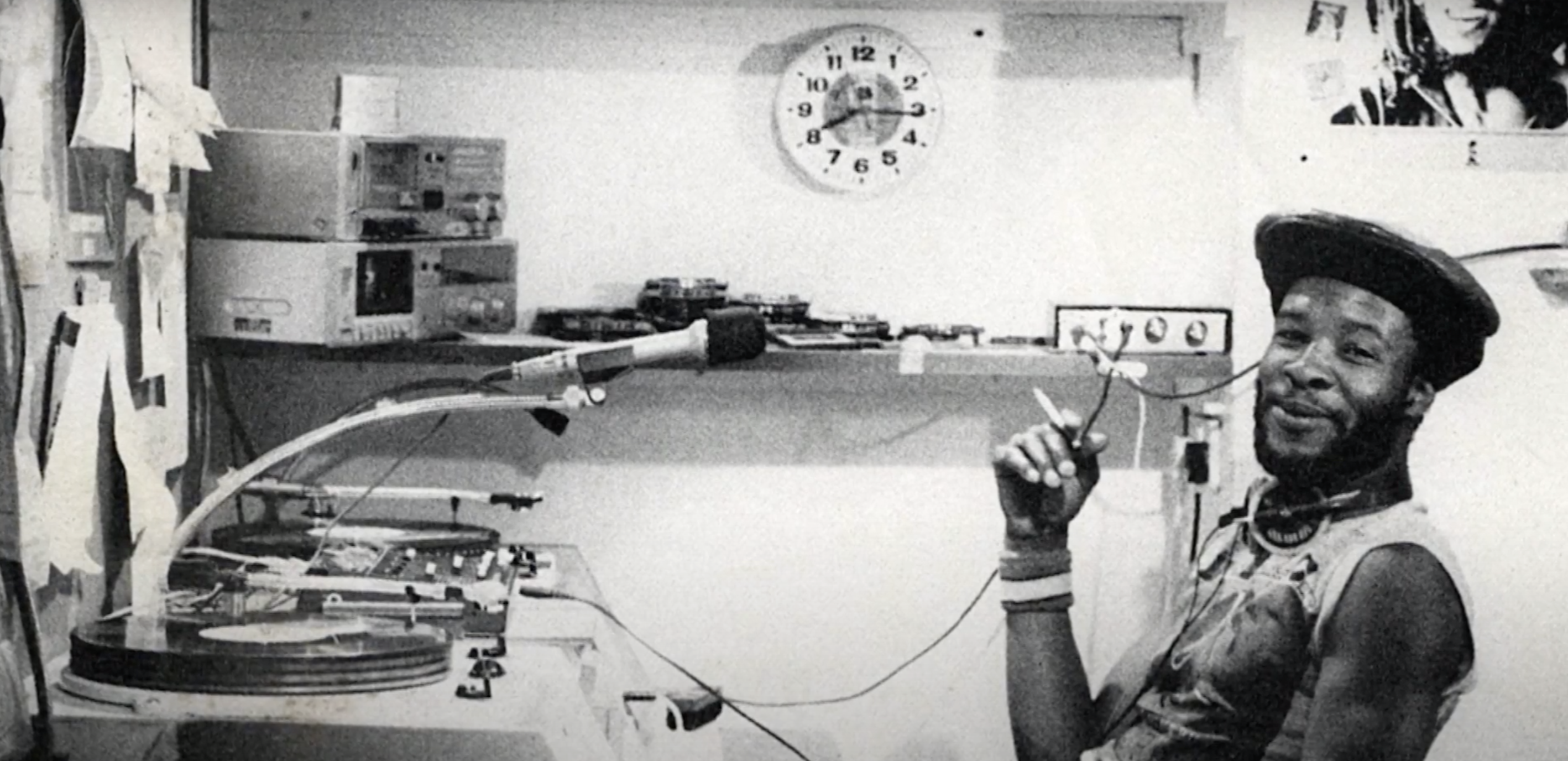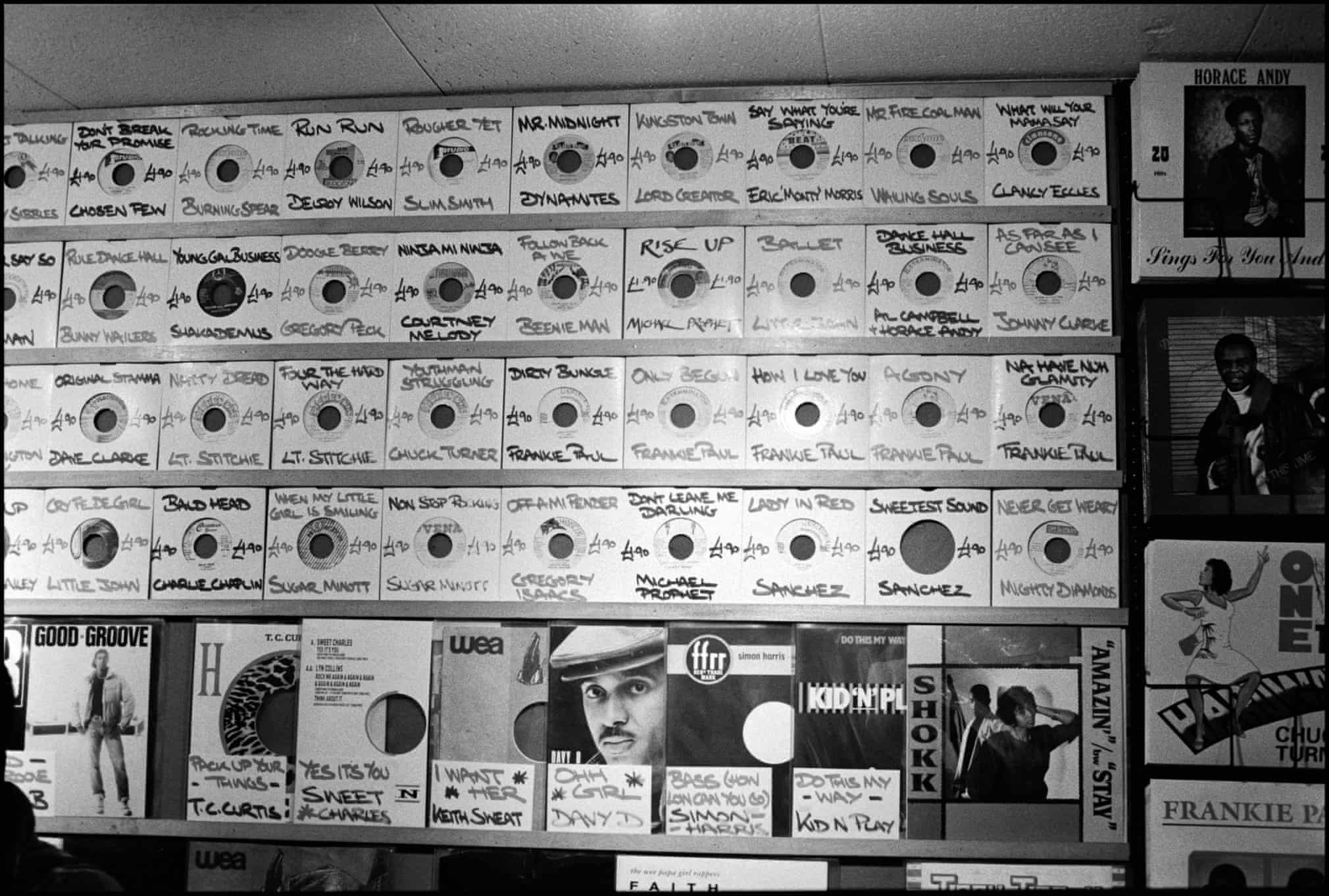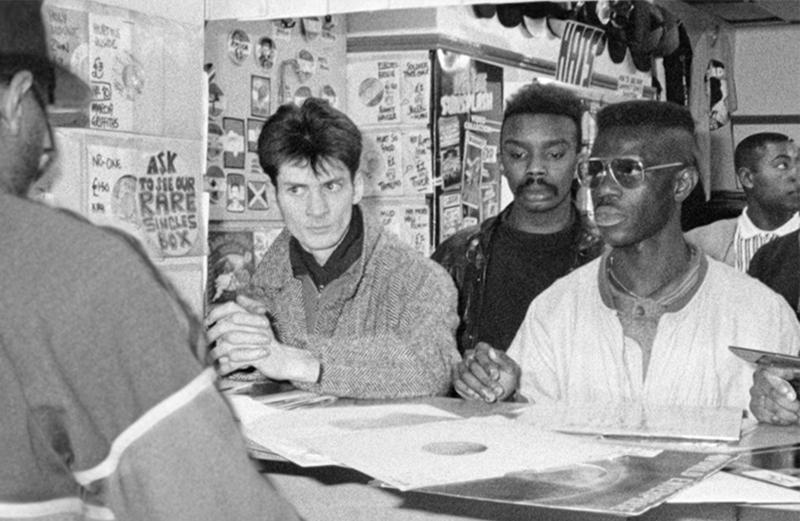THE BLACK HISTORY OF PIRATE RADIO IN THE UK
1980s
The future of broadcasting on the open waves was all but over when the Marine Offences Act came into force, and pirate radio dwindled until the 1980s, when a new generation decided they weren't being represented on air. Black music stations such as Horizon, Jazz Funk Music, Dread Broadcasting Corporation, LWR and, most famously, Gordon Mac's iconic Kiss FM specialised in soul, reggae, funk and other music absent from UK radio.
Broadcasting from high-rise tower blocks across the country, these stations were involved in a cat-and-mouse game with Department Of Trade And Industry agents, but as these pirates became more and more popular, they invested in new technology that made it harder for the DTI to trace them.
Early 1990s
Pirate radio stations sprang up everywhere in the '90s. Not just in the UK, but in other countries too. FG, Nova and Generations in France; Fire, Wah Gwan and Bashment in New York; Bass FM, Bass Side and Hot in Miami. The severe lack of diversity on UK stations, though, made it a real hotbed for pirates.
At the beginning of the 1990s there were more than 500 illegal stations broadcasting in the UK, with dance and rave stations such as Sunrise, Centreforce and Fantasy joining more established pirates – especially after Radio 1 claimed that acid house and rave culture was going nowhere.
It didn't take long for the government to try and clamp down, though. They offered stations a deal. Go off air and become eligible for one of many new legal radio licenses being created. Kiss FM took the deal, while the government got tough with those remaining.
Late '90s and 2000s
A new, raw, grassroots kind of pirate radio exploded from 1992 onwards. Stations such as Weekend Rush, Kool FM, Pulse and Innocence wanted to represent the streets and promote local scenes. They were chaotic. MCs and DJs hyped over tracks, shows were more like rowdy parties and audience participation was encouraged.
In 1994, Slimzee and Geeneus launched Rinse FM with an aerial stuck to a broom handle. Before it gained legal status in 2010, it had been a pivotal platform for UK garage, grime and dubstep, launching the careers of more artists and DJs than we've got space to list here.
Modern pirate radio has had a heavy influence on popular culture. Artists such as Dizzee Rascal, Wiley and Boy Better Know, plus a whole raft of big name DJs and producers, were given early platforms on pirate radio. The BBC launched 1Xtra in response to stations such as Rinse, and the sound and feel of pirate radio culture can be heard in the music of The Streets, Paul Woolford's Special Request and myriad other artists' music.
The internet has changed the landscape for pirate radio, but the scene lives on with setups still being impounded every year. So keep it locked on.



Click this box to tune in to oral histories of pirate radio heads fighting the UK gov to keep community radio alive and normalise Black music on the airwaves.
click play if you missed the lossless stream but want to hear an old pirate radio mix from Dreadlock Broadcasting to accompany the video above =)